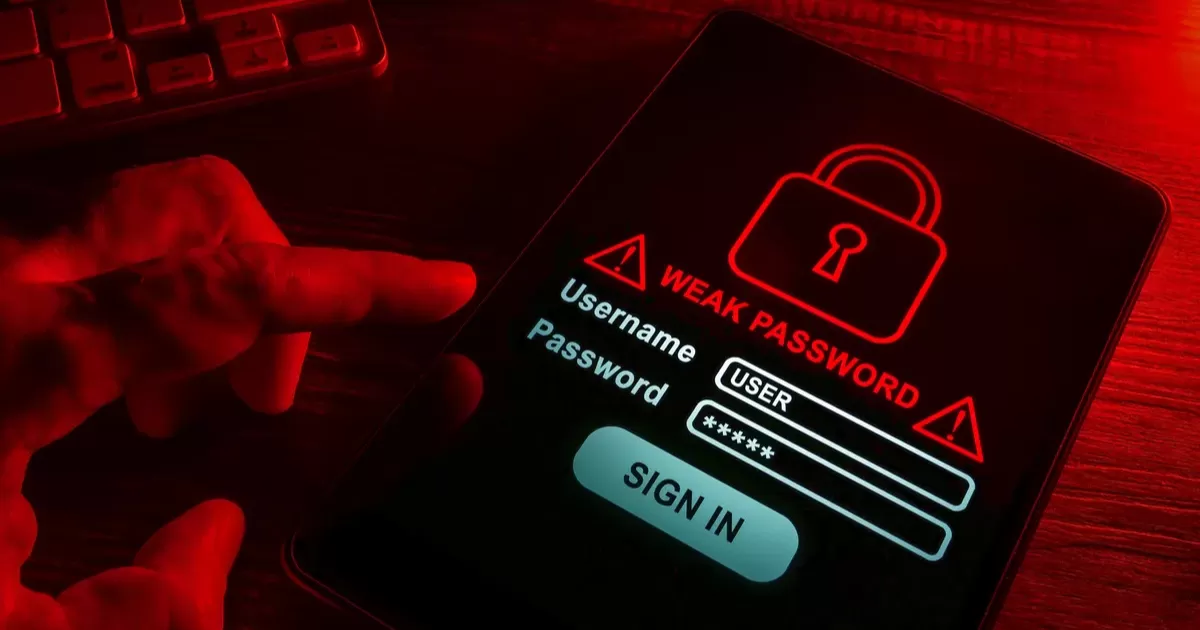
BBC’s Weak Password Scandal: A Warning for Everyone Online
🔐 BBC Weak Password Controversy – A Digital Wake-Up Call
In a time where cyberattacks are becoming more common and sophisticated, even major organizations aren’t immune. One surprising example that grabbed public attention was the BBC’s weak password issue. While it may sound shocking, it's a crucial reminder that cybersecurity isn't just about firewalls and encryption—sometimes, it comes down to something as simple as a password.
📌 What Really Happened?
In early reports circulating online, it was revealed that certain internal accounts at the BBC were using weak or easily guessable passwords. These included combinations like “password1”, “123456”, or even default login credentials that hadn’t been changed in years.
Although there’s no confirmation of a full-scale breach, security researchers flagged these vulnerabilities as risky—especially for a globally recognized media organization. The concern wasn't just about hacking; it was about the BBC potentially becoming a launchpad for misinformation or internal sabotage if those accounts were accessed by outsiders.
🔎 Why Is This a Big Deal?
- BBC is a trusted source: Millions of people rely on the BBC for accurate news. A compromised account could spread false information within seconds.
- Brand reputation: Even the hint of a security flaw can damage a brand’s credibility and user trust.
- Internal damage: Leaked emails, project files, or scripts could cause operational or editorial disruptions.
📉 What Causes Weak Password Habits?
The problem of weak passwords isn’t unique to the BBC. Many large organizations face it due to:
- 🔄 Reusing old credentials from outdated systems.
- 👥 Multiple users sharing one account for convenience.
- ⚙️ Lack of enforced password policies from IT departments.
- 🚫 Assuming internal systems are “safe” and don’t need strong security.
💡 How Could This Have Been Prevented?
Organizations like the BBC—and businesses in general—should apply some simple yet powerful rules:
- ✅ Enforce strong passwords (with uppercase, symbols, and numbers).
- 🔄 Require password changes every 60–90 days.
- 🔒 Enable two-factor authentication for all accounts.
- 📊 Monitor login attempts and IP addresses to catch suspicious behavior early.
🧠 Lessons for the Public
This incident is a reminder for everyday users too. Weak passwords are one of the top causes of personal data theft. If a major organization like the BBC can overlook this, imagine the risks for a personal email or banking login.
Here’s a quick checklist to improve your own password security:
- 🔐 Never use names, birthdates, or simple patterns like “abcd1234”.
- 🧩 Use a mix of letters, numbers, and symbols.
- 📱 Turn on 2FA (two-factor authentication) wherever available.
- 📁 Consider using a password manager to store and generate unique passwords.
🗣️ Final Thought
Cybersecurity isn't just about high-tech systems—it starts with the basics. A single weak password can bring down years of trust and investment. While the BBC appears to have addressed the issue, this moment should spark change across the digital world.
Whether you're managing a media empire or just your own social accounts, remember: your password is your first line of defense. Don’t make it your weakest link.
Comments (0)
No comments yet. Be the first to comment!
Leave a Comment